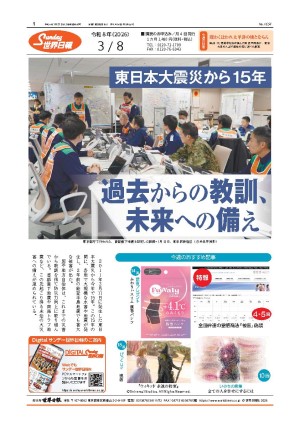恐るべき資本主義国、中国/China, the killer capitalist
中国の上昇を続ける巨大な市場、そして、それを支えるインフラへの中国の投資は、米国の政策の道をふらつかせている。北京の共産主義者――今も、彼らは自分のことをそう呼んでいるのである――は、どんなところでも、最高に厳格な資本家の部類に入る。
第2次世界大戦の金融面での収拾案の一部として創設された銀行における聖域の一つは、自由市場を守り通すことであった。そうして創設された銀行は、株主を買って出たさまざまな国からの代表がいて、政府間ベースのローンを保証する集中制御システムによるものだった。
...【全文を読む】







